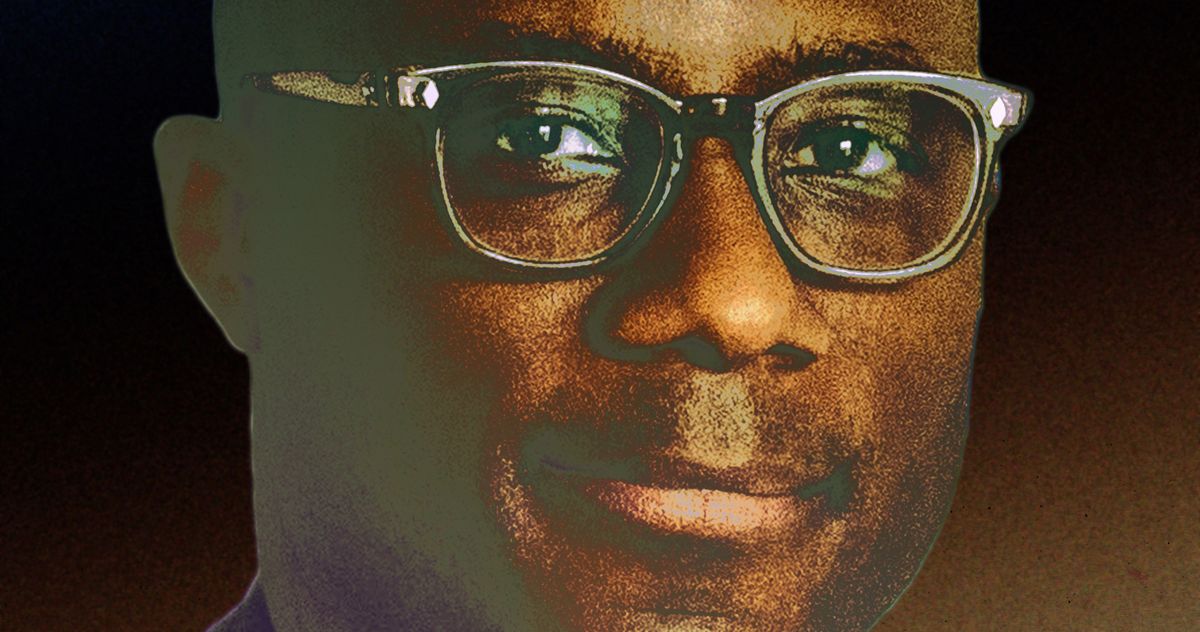Moonlight in the Lion’s Den: Barry Jenkins’ Journey to Mufasa
Barry Jenkins knows what you’re thinking: “On what planet do I, Mr. ‘Moonlight,’ make a prequel to ‘The Lion King?’” This question seems almost surreal, considering Jenkins’ illustrious background in crafting intimate, character-driven narratives. Yet, here he is, the Oscar-winning director, taking a bold leap into the world of Disney. His latest project, “Mufasa: The Lion King,” marks a significant departure from his improvisational shooting style that won him accolades and a massive fan base.
For four years, Jenkins dedicated himself to breathing new life into the iconic story of Mufasa. It’s a bold move for any filmmaker, especially one known for a deeply personal approach to storytelling. So, how did he end up in this colorful world of talking animals and grand musical numbers? The answer lies in Jenkins’ passion for storytelling and a desire to explore themes of legacy and identity that resonate deeply with both children and adults.
From Moonlight to Mufasa: A Unique Transition
When Jenkins was approached to direct “Mufasa,” he was initially taken aback. His work on “Moonlight,” which delved into themes of race, sexuality, and personal struggle, seemed worlds apart from the vibrant landscapes of the African savanna. However, upon accepting the challenge, Jenkins found common ground in the exploration of familial bonds and the complexity of fatherhood.
In a recent interview, he explained how he envisioned Mufasa not just as a character, but as a father figure—a protector who shapes the destiny of his son, Simba. This parental angle allows Jenkins to infuse his signature emotional depth into the film while still appealing to the beloved themes of the original “Lion King.”
Creating a New Chapter in the Lion King Legacy
One of the most exciting aspects of making “Mufasa” is the opportunity to expand on a story that has touched millions. Jenkins has a unique ability to weave intricate narratives, and he aims to honor the legacy of “The Lion King” while also adding his own fresh perspective. This involves delving into Mufasa’s backstory, exploring his rise to power, and the challenges he faced along the way.
Jenkins has surrounded himself with a talented team, including seasoned animators and musicians who are as passionate about the project as he is. Together, they are crafting a visually stunning experience that pays homage to the original while offering something new. The film promises to bring back the magic of Disney, with a powerful soundtrack that will resonate with audiences of all ages.
Why Barry Jenkins Took the Leap
As an artist, Jenkins has always pushed boundaries. His decision to take on “Mufasa” reflects his belief in the power of storytelling to transcend genres and mediums. He sees this project as a chance to reach a broader audience, sharing important messages about love, loss, and the legacies we leave behind.
In Jenkins’ words, “Every story has the potential to connect with people in a profound way, regardless of its format.” By stepping into the world of Disney, he is not only challenging himself but also inviting viewers to experience a familiar tale through a new lens. It’s a journey that blends nostalgia with innovation, and one that promises to leave a lasting impact.
Anticipation and Legacy
The excitement surrounding “Mufasa” is palpable. Fans of the original film, as well as newcomers, are eager to see how Jenkins interprets this beloved character. As he navigates the complexities of this project, he continues to emphasize the importance of storytelling that resonates on a personal level.
“Mufasa” is set to become a significant addition to the Disney canon, reinforcing the idea that great stories can evolve while still honoring their roots. Barry Jenkins is not just making a movie; he’s crafting a narrative that will undoubtedly become part of many families’ cinematic traditions.
So, on what planet do we find Barry Jenkins making a prequel to “The Lion King?” On a planet where storytelling knows no bounds, and where the heart can connect us all—one frame at a time.

